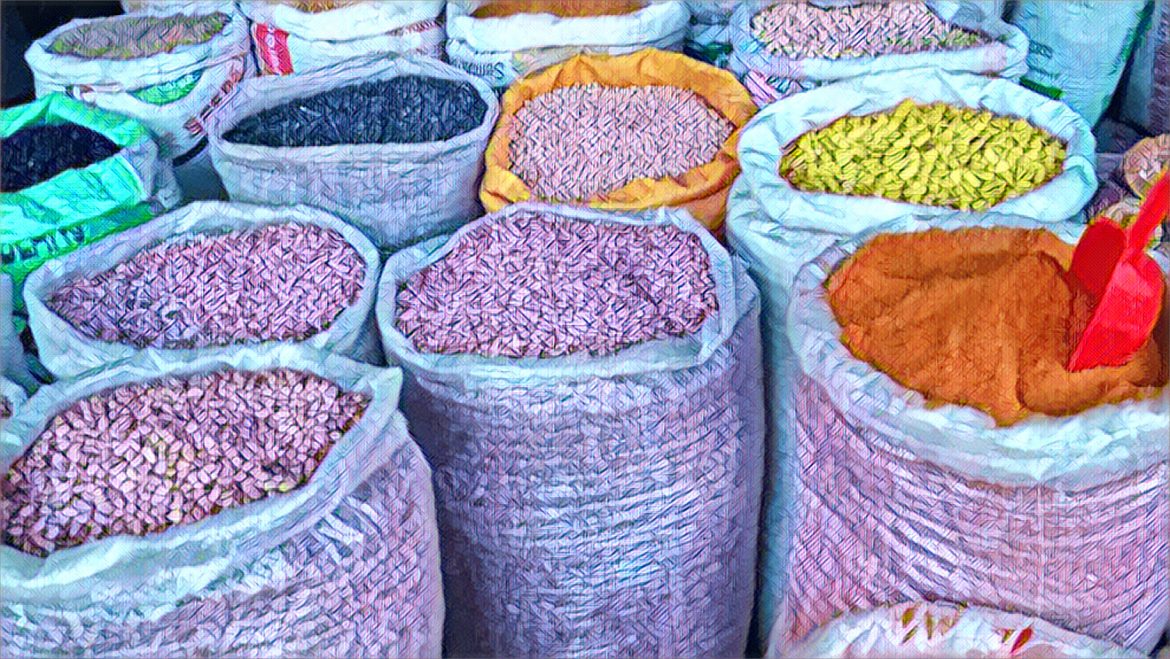The World Bank has warned that the ongoing humanitarian crisis in Niger could have a negative impact on the food security and market stability in Nigeria, which is already facing multiple challenges such as insecurity, inflation and Covid-19.
The World Bank said that Niger, which shares a long border with Nigeria, is experiencing one of the worst humanitarian crises in the world, with over 3.8 million people in need of assistance, according to the United Nations.
Various factors, such as armed conflict, climate change, population displacement, malnutrition, and disease outbreaks, drive the crisis.
The World Bank said that the crisis in Niger could affect Nigeria in several ways, such as:
- Disrupting the cross-border trade and movement of goods and people is vital for the livelihoods and food security of millions of Nigerians and Nigeriens.
- Increasing the influx of refugees and migrants into Nigeria could strain the already limited resources and services and create social and security tensions.
- Reducing the availability and affordability of food items, especially cereals imported from Niger and other neighboring countries.
- Exacerbating Nigeria’s vulnerabilities and risks, such as poverty, hunger, violence, and COVID-19.
The World Bank said that Nigeria needs to take urgent actions to mitigate the potential impacts of the crisis in Niger and to support its neighbor in addressing its humanitarian needs.
Some of the actions that the World Bank suggested include:
- Strengthening the coordination and collaboration among relevant stakeholders, such as governments, donors, humanitarian agencies, civil society, and the private sector, to ensure an effective and efficient response.
- Enhance the monitoring and analysis of both countries’ food security and market situation and provide timely and accurate information to inform decision-making and action.
- Scaling up the humanitarian and development assistance to Niger and supporting its efforts to improve its resilience and recovery.
- Increasing the support to the affected populations in Nigeria, especially the vulnerable groups such as women, children, elderly, and displaced people, and providing them with adequate food, water, health care, education, and protection.
- Promoting peace and stability in both countries and addressing the root causes of conflict and violence.
The World Bank said it is committed to supporting Niger and Nigeria in overcoming their challenges and achieving their development goals. It has provided over $2 billion in grants and loans to Niger since 1963 and over $11 billion to Nigeria since 1958. It is currently implementing several projects in both countries that aim to improve their food security, health care, education, infrastructure, governance, and social protection.
The World Bank also said it works closely with other partners, such as the African Development Bank, the European Union, the United States Agency for International Development, and the United Nations, to coordinate and harmonize their interventions and expressed hope that Niger and Nigeria will overcome their difficulties and achieve peace and prosperity for their people.
Source: Punch


